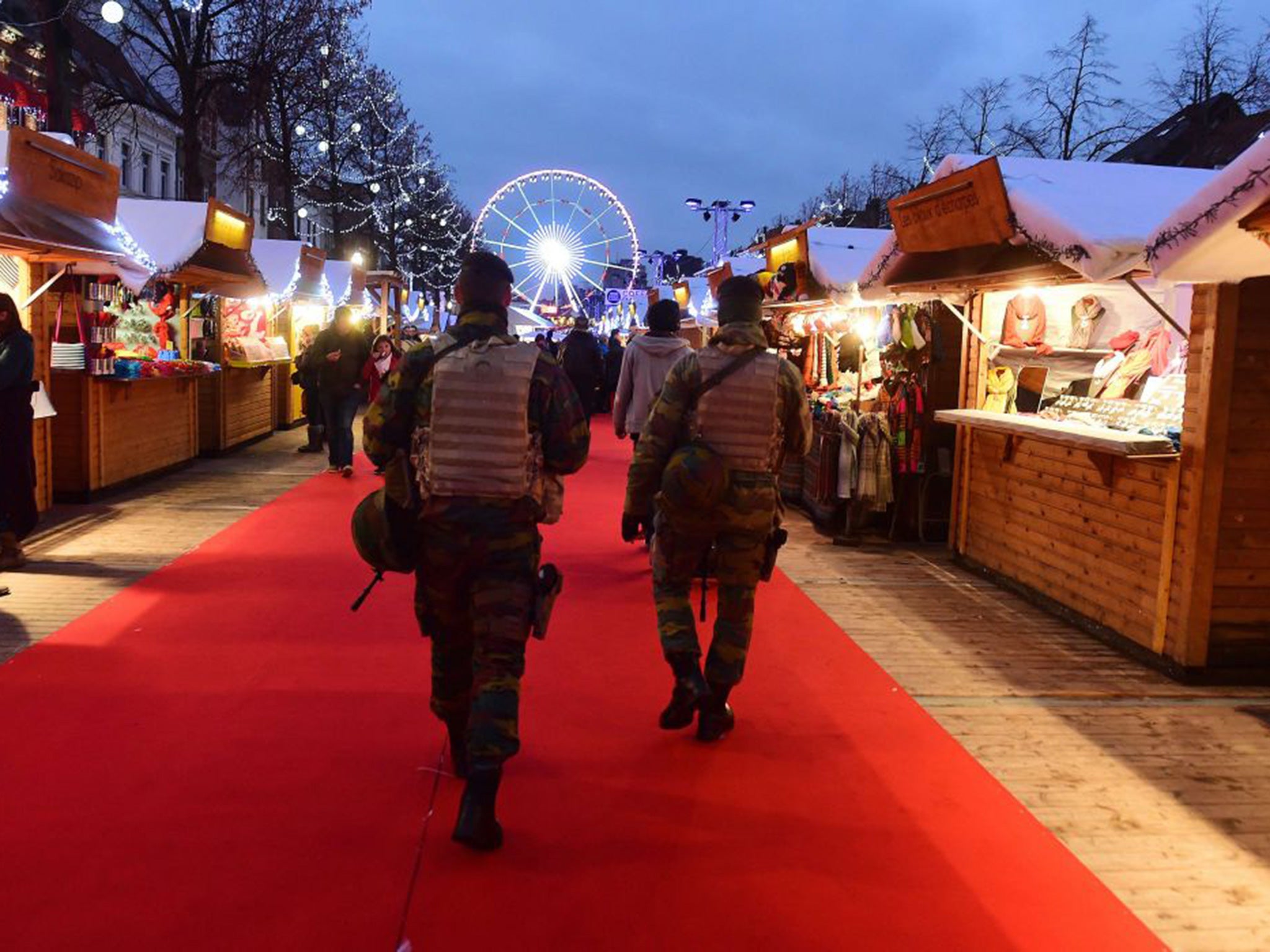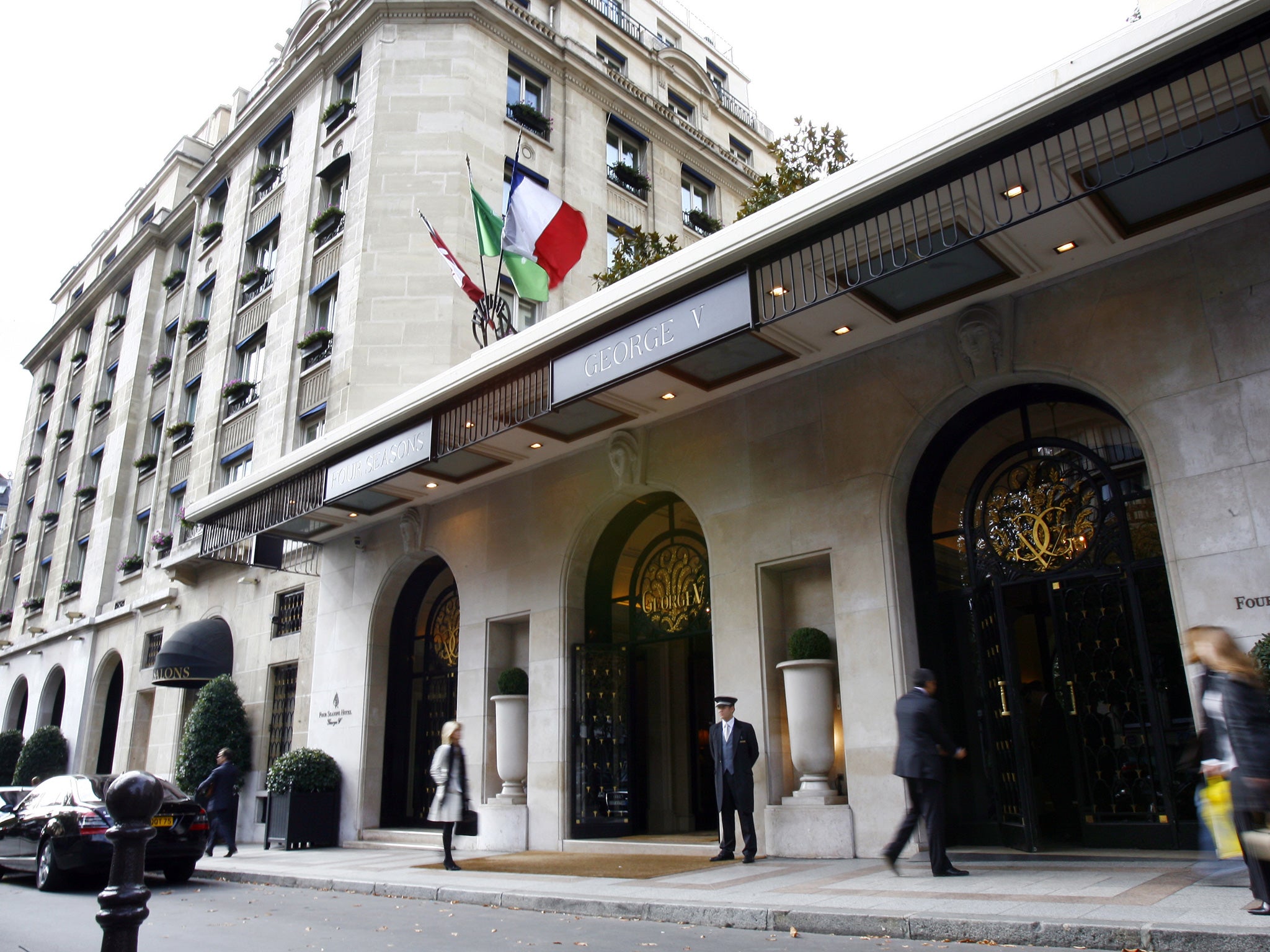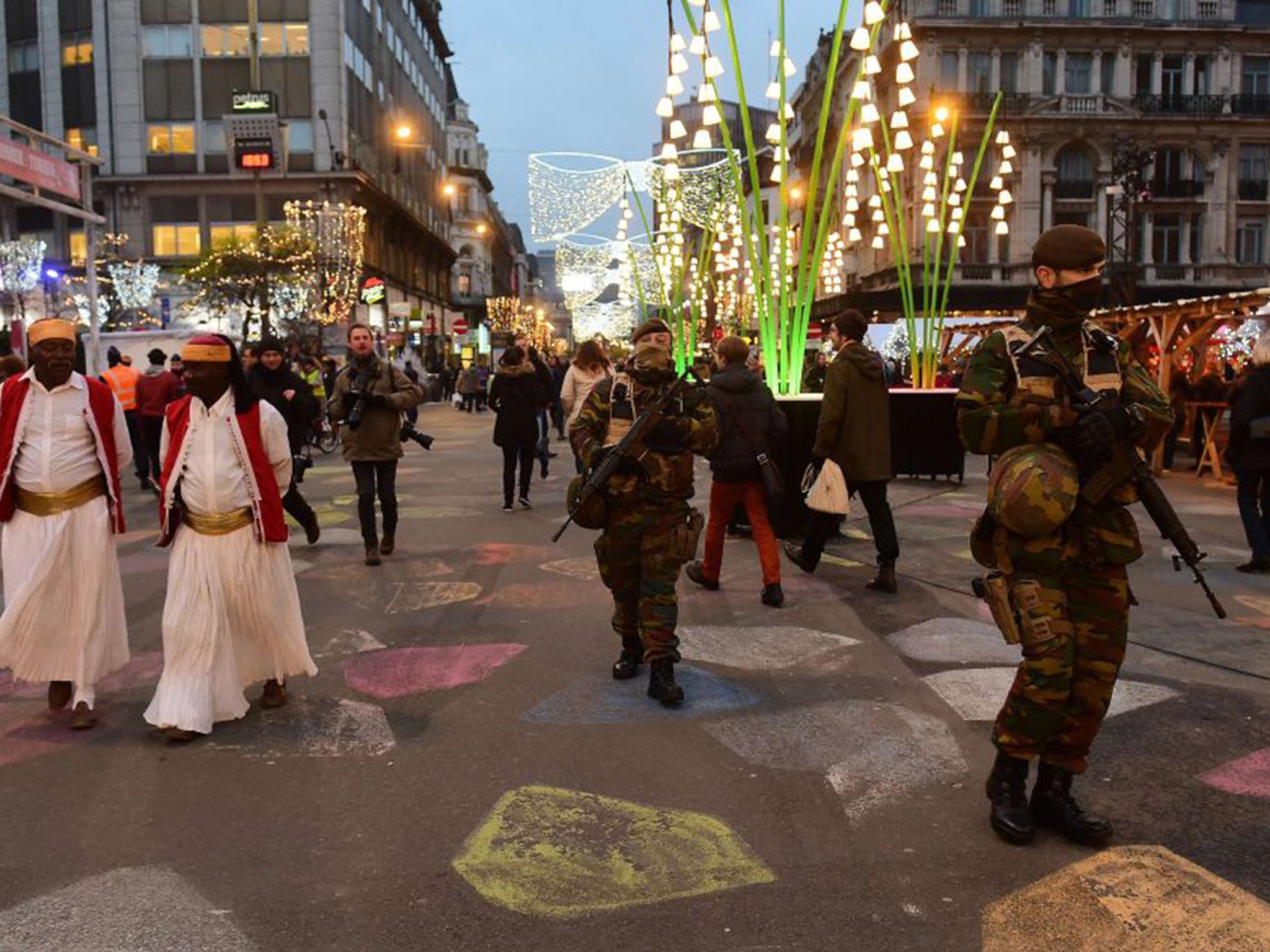Paris attacks: European economies take a hit as visitor numbers drop and locals remain nervous
But wine and spirits shops are doing well – as people entertain at home

Your support helps us to tell the story
From reproductive rights to climate change to Big Tech, The Independent is on the ground when the story is developing. Whether it's investigating the financials of Elon Musk's pro-Trump PAC or producing our latest documentary, 'The A Word', which shines a light on the American women fighting for reproductive rights, we know how important it is to parse out the facts from the messaging.
At such a critical moment in US history, we need reporters on the ground. Your donation allows us to keep sending journalists to speak to both sides of the story.
The Independent is trusted by Americans across the entire political spectrum. And unlike many other quality news outlets, we choose not to lock Americans out of our reporting and analysis with paywalls. We believe quality journalism should be available to everyone, paid for by those who can afford it.
Your support makes all the difference.The frontier-free Europe is under threat but fear of terrorism has known no borders since the 13 November atrocities in France. From Paris to Berlin, from Brussels to Rome, anxiety about further attacks has caused a steep fall in tourism and in the number of visits to public places such as shops, restaurants and museums, even as officials appeal for business as usual. With Christmas approaching, business owners are hoping that fear will soon come down, and visitor numbers rise.
“This weekend will be crucial,” said the owner of a chain of Paris bars, whose takings have fallen by around 30 per cent. “We are hoping things pick up before we have to do something drastic.”
The French government estimates that France will lose €2bn (£1.4bn) – or 0.1 per cent of GDP this year– from a collapse in tourism and a steep fall in shopping and visits to restaurants, bars and museums. It has announced emergency aid and delays in tax payments for the most stricken businesses.
In Paris, that has been the five-star hotels or “palaces”, such as the George V and Bristol, which can charge €30,000 a night for a suite.

Their clientele – from Arab princes to Hollywood stars – have cancelled in droves. “We don’t see things improving quickly,” one luxury hotel manager said. “I expect our turnover to be down by 50 per cent until the end of the year.”
Smaller Paris hotels report business down between 20 and 80 per cent – depending on whether they serve the French commercial or tourist market. Wine and spirits shops report a boom, however – sales up by 10 per cent as more Parisians entertain at home.
“On the whole, the Parisians have not changed their habits that much,” said the owner of the Paris bar and restaurant chain. “It is the tourists who have vanished. The French are so contrarian –some of the French anyway – that they are taking pride in sitting on bar terraces.”
In Brussels, a six-day lockdown amid a hunt for some of the Paris attackers has cost the city €51.7m a day, as shops and the metro closed, according to Belgian broadcaster VRT. The hospitality sector lost an estimated €22m a day, while businesses suffered €29.7m in losses as staff stayed at home during the highest level alert, which only ended on 26 November. “We had around 150 customers a day before. Now we are lucky to get 50,” said a waiter at Le Clan des Belges, a restaurant in Ixelles.

The Belgian employment minister Kris Peeters said 535 Brussels businesses applied for temporary unemployment cover. Meanwhile Molenbeek, the Brussels neighbourhood where some of the bombers lived, has become notorious. Everton striker Romelu Lukaku said last week that he will sell his house in the area “as soon as possible”.
Italy, and Rome in particular, appear to have been seriously spooked by the threat of terrorism, even though Italy has never suffered a significant jihadist incident. Cinema takings in the centre of Rome have collapsed by 50 per cent in the past two weeks, restaurant takings are down a quarter and hotel bookings down by 20 per cent. Every day there are false alarms relating to unattended packages, with alerts in stations, shops and even a hospital.
The start of the Pope’s Jubilee year on 8 December and the arrival of hundreds of thousands of pilgrims has added to security concerns. The Government has sent 400 extra police to the city, many in full body armour, plus thousands of troops.
In Berlin, a combination of near freezing temperatures, fear of terrorism and driving sleet had cut the normal turnout for shopping and Christmas markets by about a third on the afternoon of 28 November.
Berlin police have been called out 14 times since the Paris attacks to deal with suspicious items and bomb threats. All have been false alarms, but the alerts have created traffic chaos. Hamburg’s willingness to host the 2024 Olympics has also been affected. Figures released on 27 November showed that enthusiasm for the Games had dropped from 64 per cent in the summer to 56 per cent. 29 November is the closing date for a city-wide postal ballot on the Olympics. The German interior minister Thomas de Maizière has urged Hamburg residents not to be intimidated.
But in an article in the Berlin daily Der Tagesspiegel, Stephan Wiehler summed up the mood of many Berliners: “My need to go to a Christmas market ... has sunk to about zero. This has to do with the Paris attacks and the general feeling of uncertainty in Europe – and Berlin,” he wrote.
Join our commenting forum
Join thought-provoking conversations, follow other Independent readers and see their replies
Comments